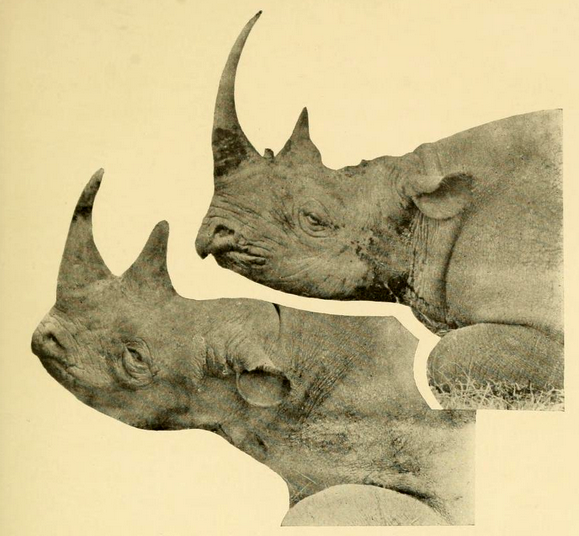In the early hours of Nov. 9, 2016, the winner of the presidential election was declared. As the day unfolded, the extent to which a moral rhinoceritis had taken hold was apparent. People magazine had a giddy piece about the president-elect’s daughter and her family, a sequence of photos that they headlined “way too cute.” In The New York Times, one opinion piece suggested that the belligerent bigot’s supporters ought not be shamed. Another asked whether this president-elect could be a good president and found cause for optimism. Cable news anchors were able to express their surprise at the outcome of the election, but not in any way vocalize their fury. All around were the unmistakable signs of normalization in progress. So many were falling into line without being pushed. It was happening at tremendous speed, like a contagion. And it was catching even those whose plan was, like Dudard’s in “Rhinoceros,” to criticize “from the inside.”
Evil settles into everyday life when people are unable or unwilling to recognize it. It makes its home among us when we are keen to minimize it or describe it as something else. This is not a process that began a week or month or year ago. It did not begin with drone assassinations, or with the war on Iraq. Evil has always been here. But now it has taken on a totalitarian tone.
Read More | "A Time for Refusal" | Teju Cole | The New York Times
